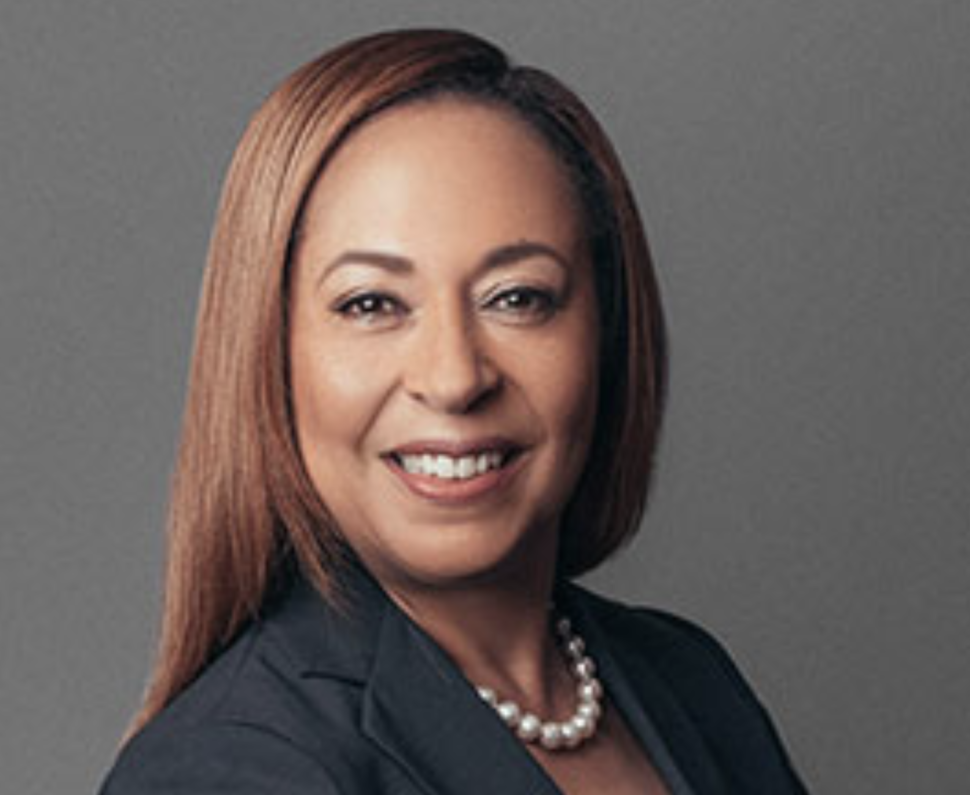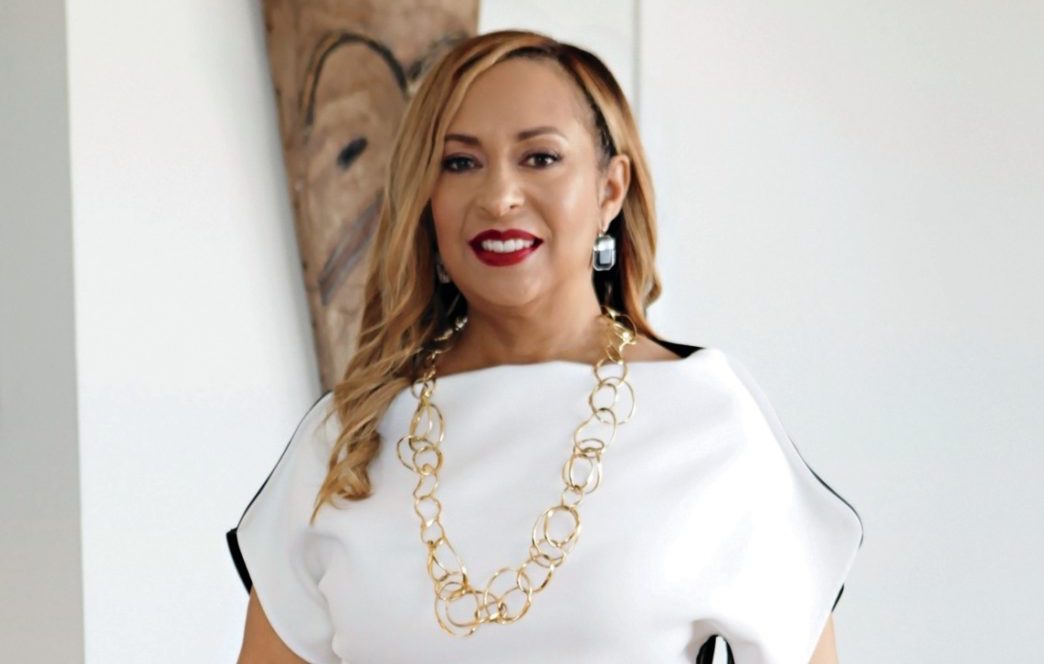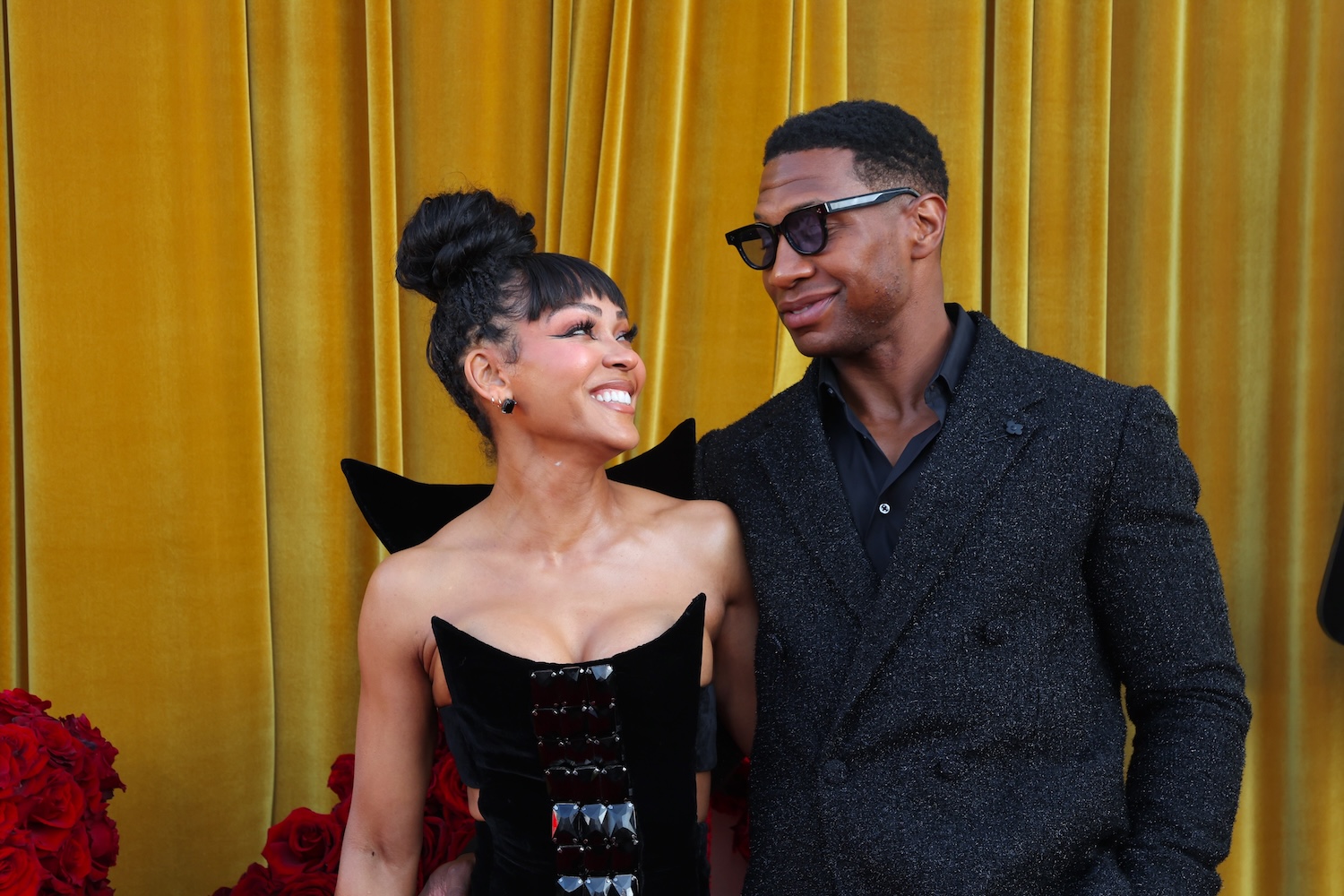Cheryl McKissack Daniel is the CEO and President of McKissack & McKissack, the oldest black-owned and female-run construction company in the United States.
In a male-dominated and competitive industry, Daniel’s company has been assigned to major projects across the New York City area, including the revamping of Long Island’s railroad hub, which runs underneath the Brooklyn Nets’ home, as reported on CBS News.
Her load just got bigger. Recently, her company was assigned to handle construction at LaGuardia Airport and the new Terminal One at JFK.

In an interview with CBS News, McKissack Daniel said that competing for projects with the big leagues, “takes relationships, and getting people to realize that you bring value to the table something unique and different.”
The company’s history dates back more than two centuries with her grandfather Moses McKissack, a former slave from Tennessee.
In 1905, he founded the business and more than 30 years later, the company was awarded a $5 million contract to design and build the 99th Pursuit Squadron Airbase in Tuskegee, Alabama, where black pilots were trained to desegregate World War II. At the time, it was the largest federal contract given to a black-owned firm.
Over the years, the company has built homes, hospitals, and colleges.
RELATED: Inside the Oldest Black-and Female-Owned Construction Management Firm in America
It was McKissack Daniel’s father William, who took over the company in 1968, that inspired his three daughters to consider a career in construction.
“We would go to work with him every Saturday starting at ten years old, walking construction sites, tracing documents, you know, learning about building systems early in life,” McKissack Daniel told CBS News. “It was all ingrained in us.”
Once McKissack Daniel obtained both a Bachelor’s and a Master’s Degree in Civil Engineering from Howard University, she took over the family company in 2000.
She credits the company’s success to affirmative action after she moved the company from Nashville to the Big Apple.
“People do business with people who look like them. All the work that we’ve done outside of New York, it didn’t matter in New York.”
Making it her mission to prioritize hiring minorities, 61 percent of her employees are minorities, and 34 percent are women.





